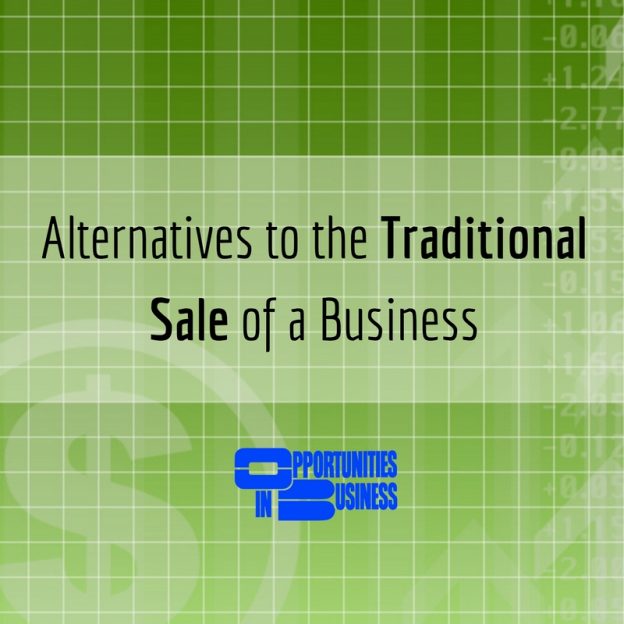Finding a business to purchase apart from a business broker can be incredibly challenging. Selling your business on your own does not make sound financial sense. The amount of value a business broker provides outweighs the amount they charge in fees every single time. It’s important when navigating the purchase or sale of a business to carefully consider all aspects of the process – from finding or advertising your business to securing the right buyer to closing the deal – recognizing that a business broker can assist with each of these components. It’s also important when hiring a business broker to understand their fee structure amid common misconceptions.
Success Fees
A standard fee your business broker will charge is incurred upon the sale of your business. This is called a success fee. This fee is typically calculated as a percentage of the final transaction price. For middle market transactions, the fee is anywhere from 2-5% of the sale price. Because this fee is only paid out when a deal closes, your broker will be highly motivated to close the deal, aligning their motivation with your own.
Business Valuations
In some situations, a business broker will charge a potential seller for a business valuation. If the seller then chooses to list with that broker the fee will be credited against the success fee at the end of the transaction.
Intensive Search Processes
When a buyer hires a business broker to help them find a business to purchase, that buyer will likely incur a charge for the intensive search process.
Alternative Fee Structures Are Available
In some situations, a business broker will consider an alternative fee structure. In a case where the broker is representing the seller, it might be a flat fee up to a certain sale price and a percentage beyond that. In very rare cases a seller and broker might agree upon an hourly rate. It’s important to discuss the fee structure up front so everyone is on the same page.
Business Brokers Provide Value
Business brokers provide tremendous value for their clients. Not only do they possess the resources that often help secure a business for their buyer to purchase or bring active buyers to the table for their seller but they also help navigate what can be a daunting and stressful process and are highly motivated to work hard on their client’s behalf.
If you would like to learn more about the fee structure of business brokers or would like to speak with us about buying or selling a business, we would love to connect! We can be reached at 612.331.8392 or by email at info@oibmn.com.
Meet our team: http://oibmn.com/our-associates/
See our latest listings: http://oibmn.com/listings/










